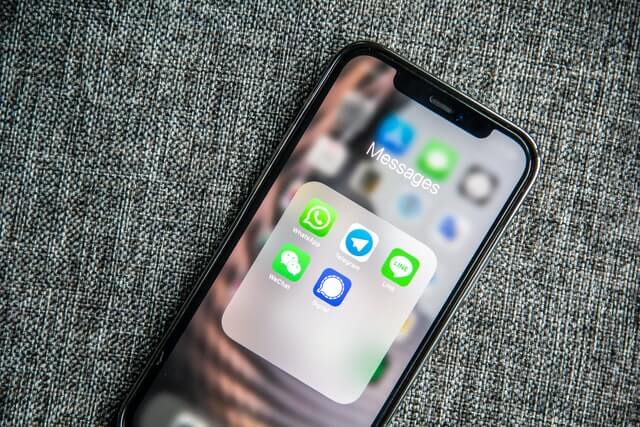
International business partners are getting increasingly accustomed to using WhatsApp or WeChat to reach an agreement, send orders, modify transaction conditions and confirm performance.
This post was first published in CJO GLOBAL, which is committed to providing consulting services in China-related cross-border trade risk management and debt collection.We will explain how debt collection works in China below.
WhatsApp is the most popular instant messaging app in the world, while WeChat is the Chinese counterpart. They are also the most commonly used communication tool for businessmen in transactions with China.
The question, therefore, arises: can you present WhatsApp and WeChat messages as evidence to Chinese judges?
1. Problems
When some of your business transactions are not complied with, you may find that you will have to sue your debtor.
Then, can you use the conversations with your Chinese debtor on WhatsApp and/or WeChat as evidence in the Chinese court?
2. Chat messages as evidence
China’s Civil Code stipulates that electronic chat messages can be used as the carrier of written contracts, specifically, the parties may conclude a written contract by means of electronic data exchange, email, etc.
China’s Civil Procedure Law stipulates that electronic data such as email, electronic data exchange, mobile phone text messages, and online chat records can be used as legal evidence.
This means that you can use messages sent through WhatsApp, WeChat, Messenger, email, or SMS as evidence submitted to Chinese courts.
How do you present such evidence to a Chinese judge? Will a screenshot of the conversation suffice?
3. Conversation screenshots, notarization or forensic examination
If the other party does not deny the authenticity of the conversation screenshot in court, then the screenshot can be used as evidence.
If the other party raises an objection and thinks that the screenshot may have been tampered with by tools such as Photoshop, the best way is for a notary or an expert witness to open the mobile phone storing the raw data, confirm the source and authenticity of the data, and prove to the judge that these conversation records are authentic.
Contributors: Meng Yu 余萌









